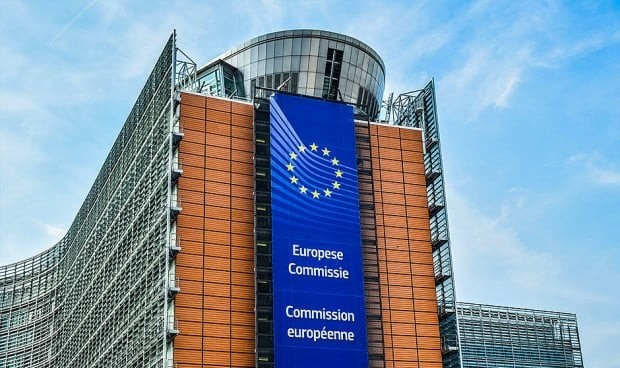goals of the European Union

European Commission presents today recommendation support Member States in their efforts to prevent cancer through vaccination . In particular, the recommendation focuses on promote two key vaccines (as well as improved monitoring of coverage rates) that can prevent viral infections that can cause cancer: vaccine against human papilloma virus (HPV) and vaccine against hepatitis B virus (HBV).
This recommendation is part of the European Cancer Plan, a key element of the European Health Union. It is estimated that approx. 40 percent of cancer cases in the EU are preventable. However, according to a new report published today, only around 5 percent of total health spending was allocated to prevention in EU member states in 2021.
Vaccine-preventable cancer
Delete cervical cancer and other cancers caused by HPV, such as some head and neck cancer and other types of cancer anogenitalThe European Cancer Plan has set a target for Member States to achieve HPV vaccination rates 90 percent among girls and significantly increase childhood vaccinations by 2030.
The cancer plan also aims to provide access and greater recognition hepatitis B virus vaccine, in particular to prevent liver cancer . These vaccines are vital to protecting public health and maintaining the resilience of health systems.
However, there’s still a long way to go to achieve these goals. Many member states have vaccination coverage against HPV much less than 50 percent for girls, there are limited data for boys and young adults, and there is a significant lack of data on HBV vaccination rates.
Measures for taking the vaccine
Today’s recommendation includes a number of measures what member states could do improve acceptance of these life-saving vaccines. Among them:
- Provide vaccination for free or return the money in full.
- Make sure your vaccination easy accessespecially for target groups and vulnerable or high-risk populations.
-
Integrated immunization against vaccine-preventable cancer in national cancer control plans. -
Strengthen communication effortshighlighting in particular the benefits of vaccination for parents, young people and target groups, and combating misinformation and disinformation. - Improve tracking and reporting vaccination coverageto identify areas that may require intervention.
- Set a specific goal for vaccination against HPV in children.
- In the specific case of HBV redouble national efforts For reach WHO targets for 2030: 95% coverage of children with vaccination (3rd dose) against HBV; 95 percent of pregnant women are screened for hepatitis B; 95 percent of newborns received a dose of hepatitis B virus at birth on time (within 24 hours of birth). In addition, strengthen systems for monitoring progress towards these goals and use available ECDC support where necessary.
- Establish electronic vaccination records solids.
-
Share best practices with others Member States to improve national efforts.
European Commission support for vaccination
Commission also will provide support to member countries in implementing the recommendation. In particular, this will provide model for communication campaignstailored to national needs and national circumstances to help raise awareness of the importance of these vaccines.
The commission will also help improve monitoring across the EUand the European Center for Disease Prevention and Control (ECDC) will develop new scoreboard national HPV and HBV vaccination rates by the end of 2024 to provide a better picture of the situation.
At the same time, EU4Health continues to provide important financial support to Member States in their efforts to boost vaccinations and fight cancer. In 2024 collaboration (funded by €20 million from the EU budget) to help member states increase vaccination against HPV and control infectious diseases such as hepatitis and HIV/AIDS.
Although the information contained in Medical Articles may contain statements, data or notes from medical institutions or specialists, it is edited and prepared by journalists. We encourage the reader to consult a healthcare professional with any health-related questions.
